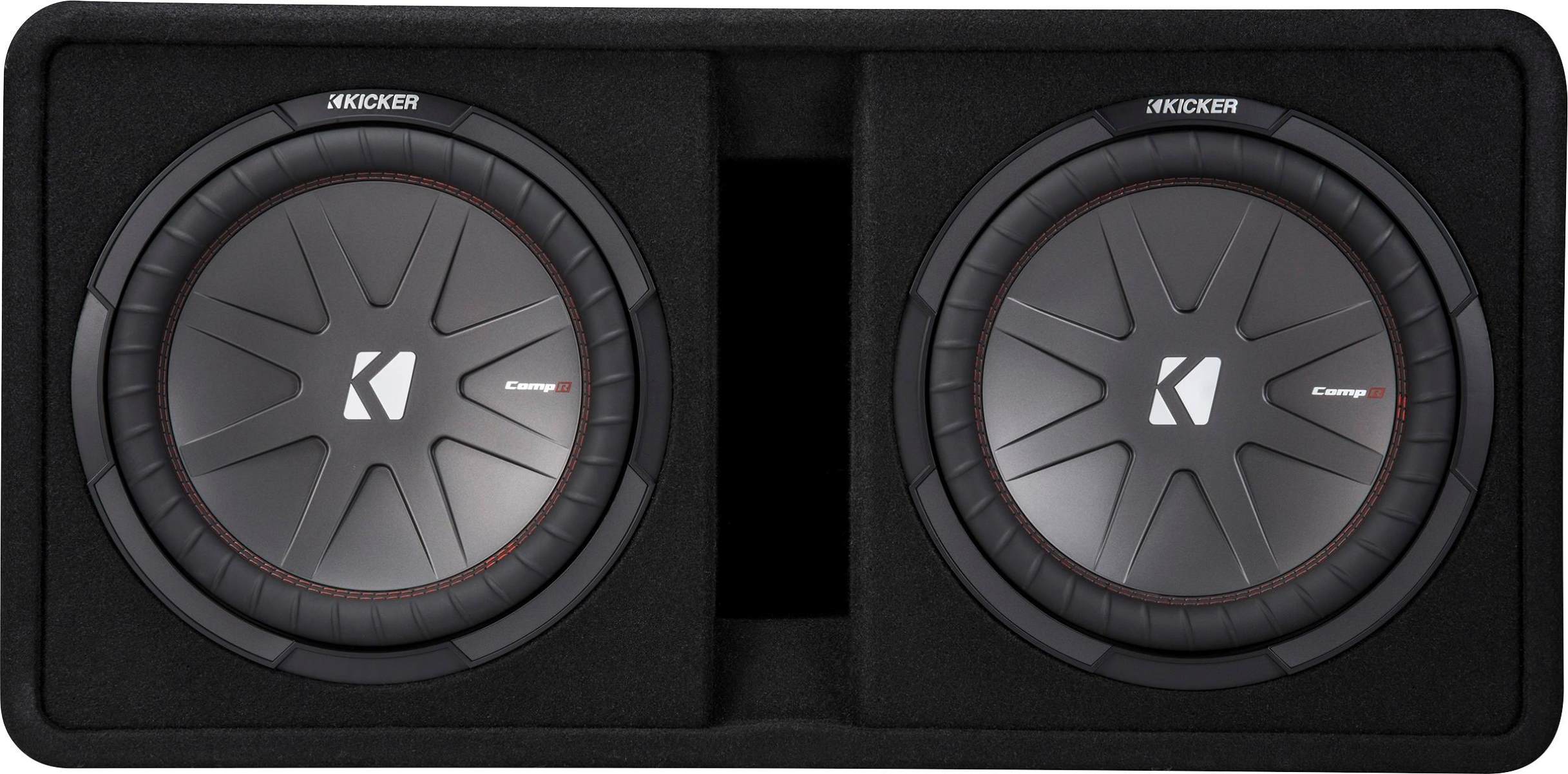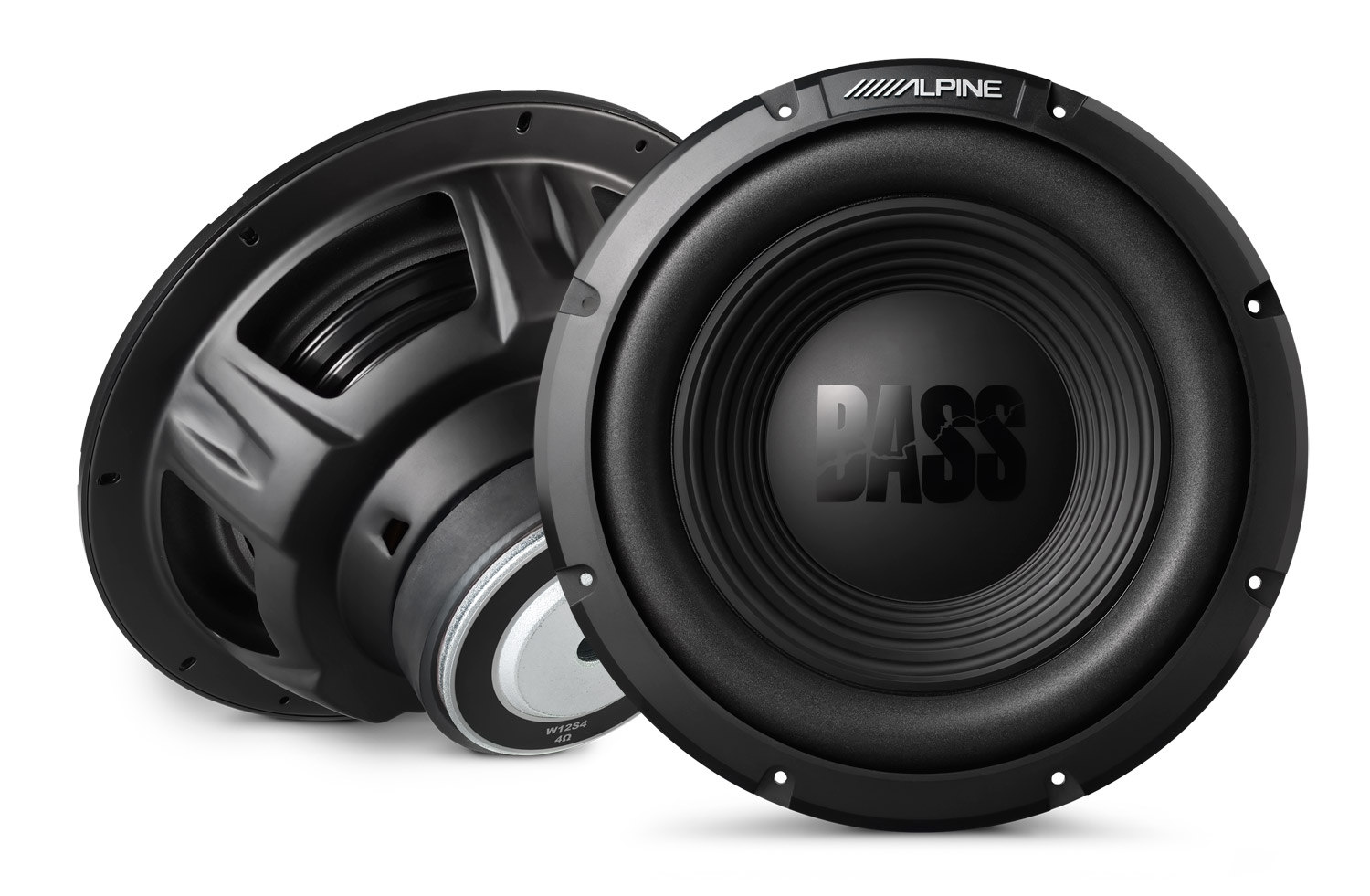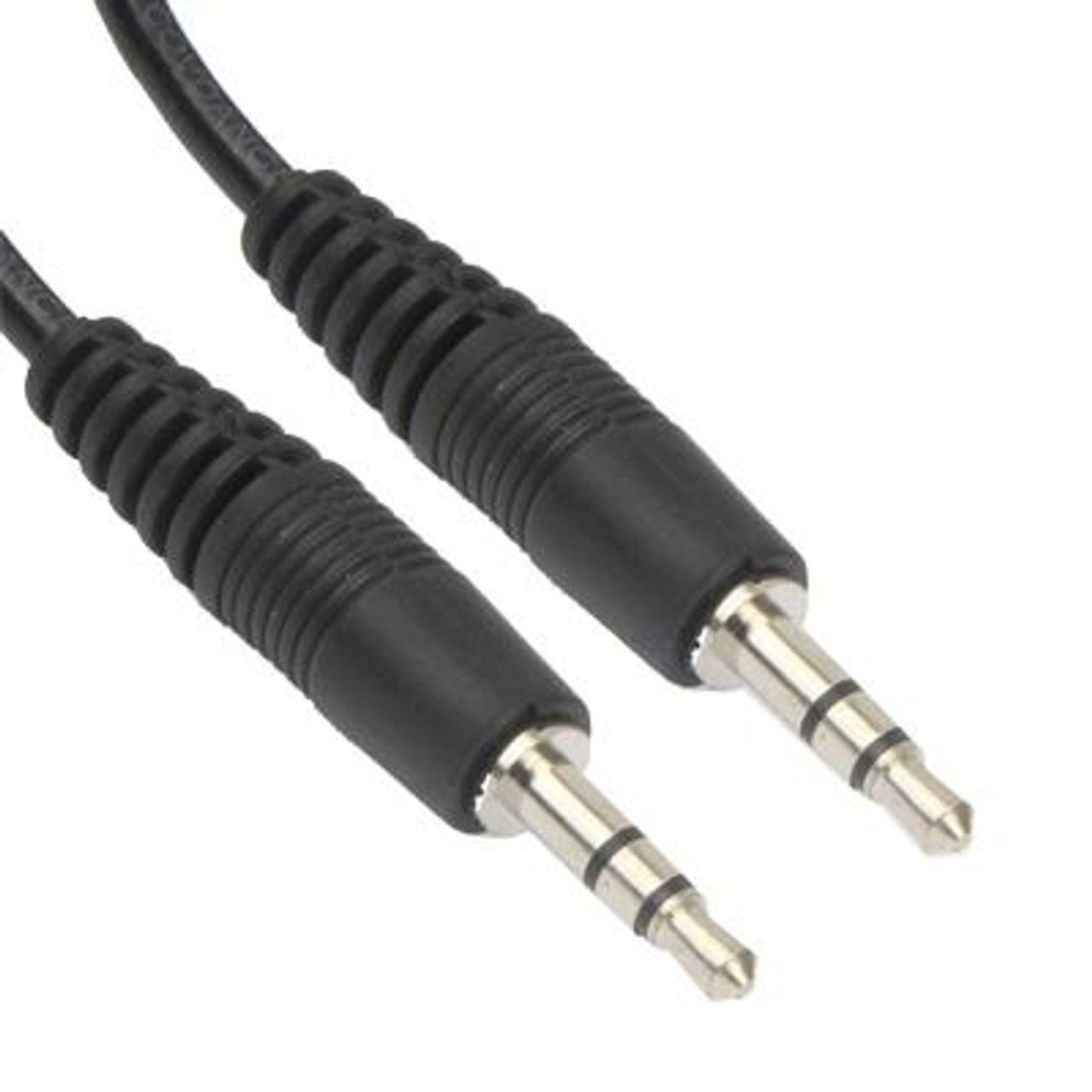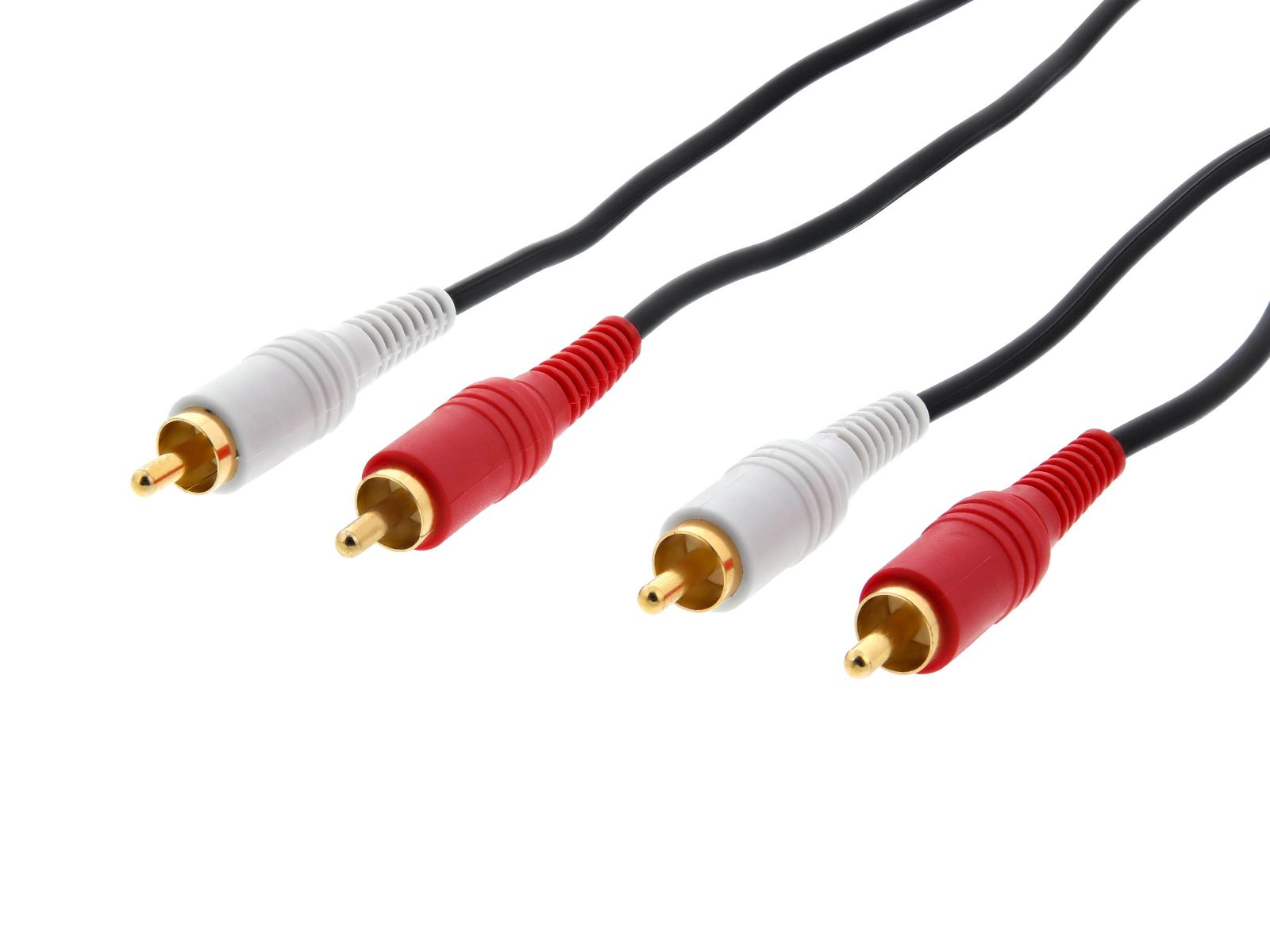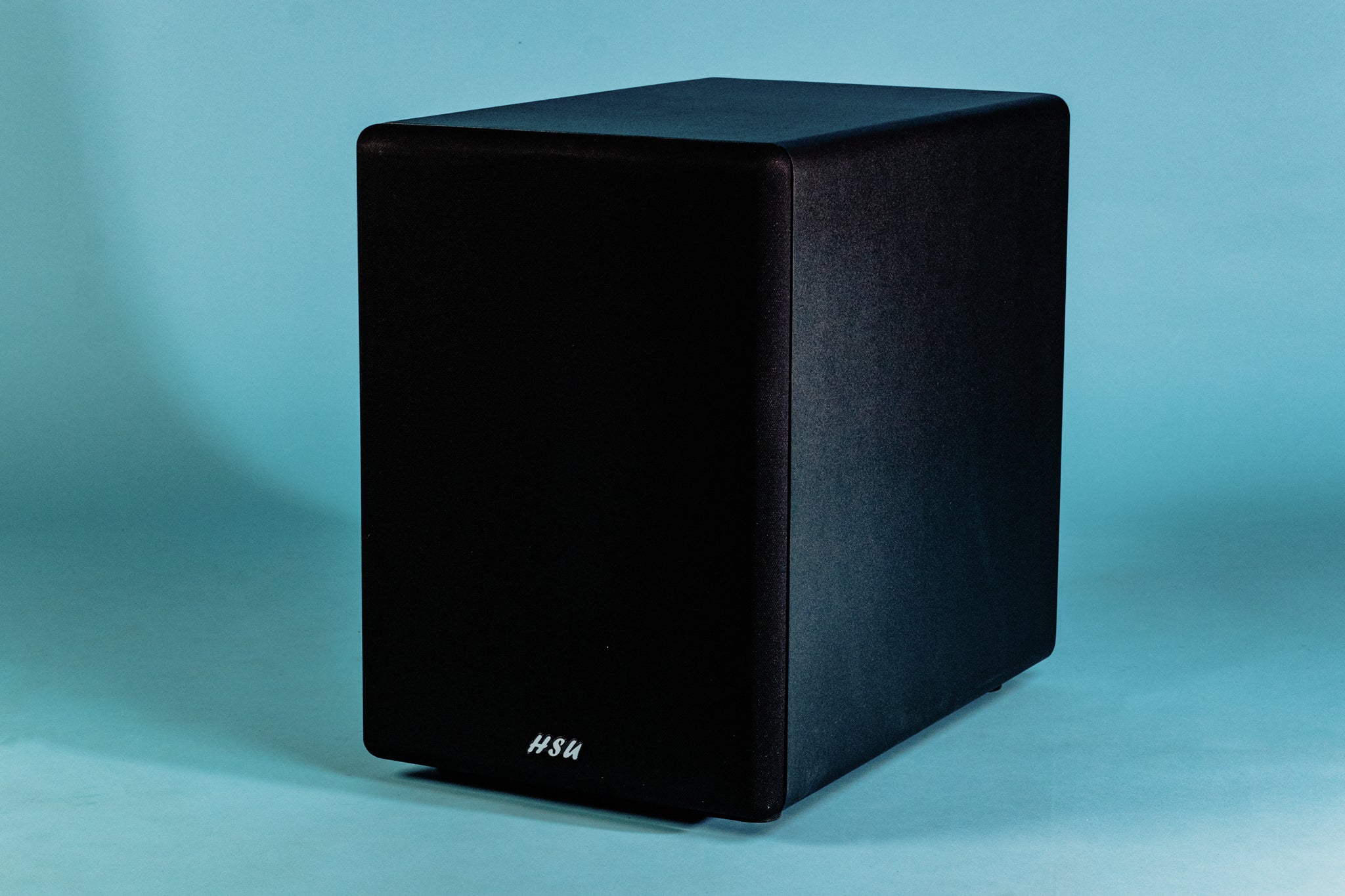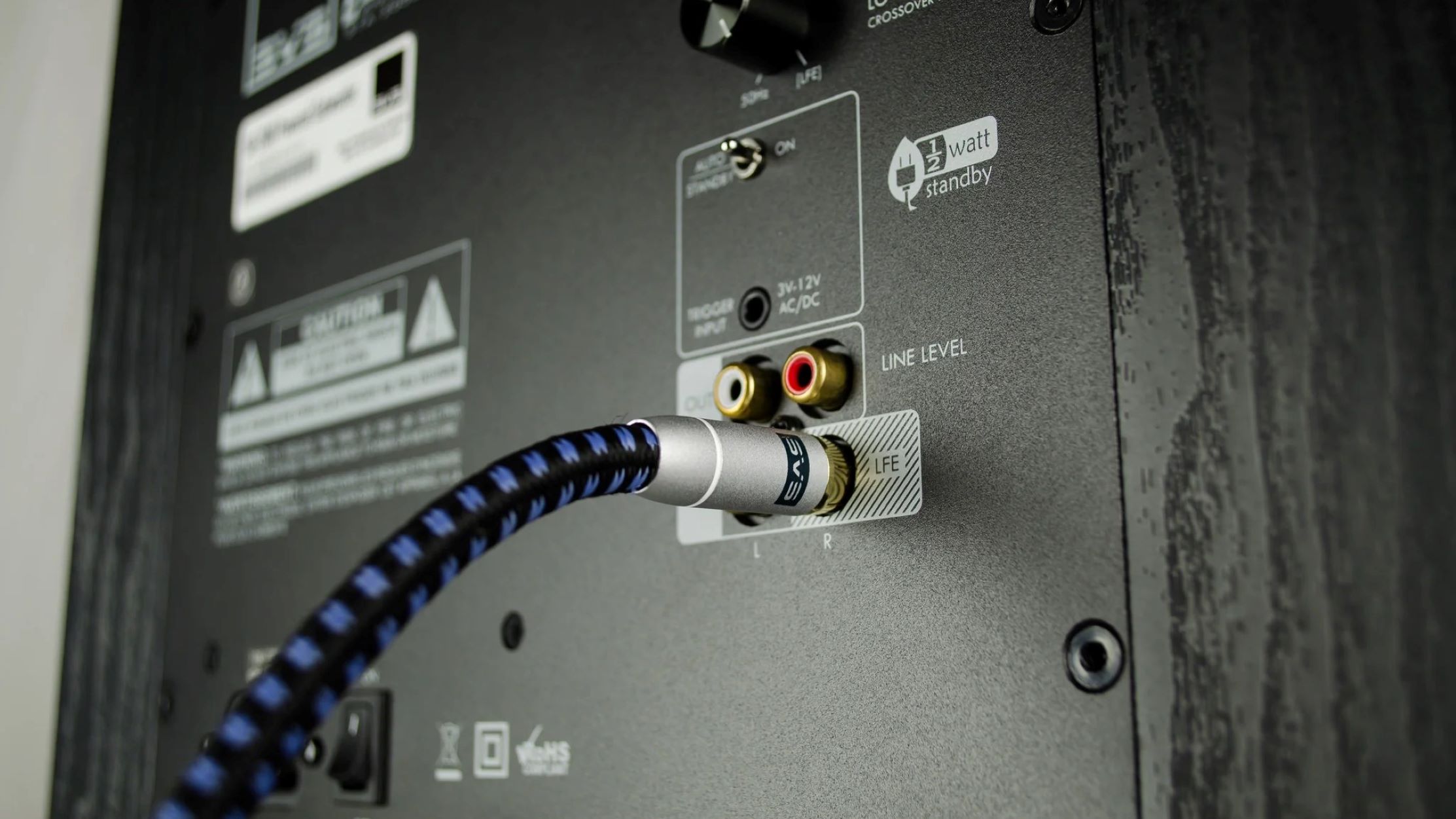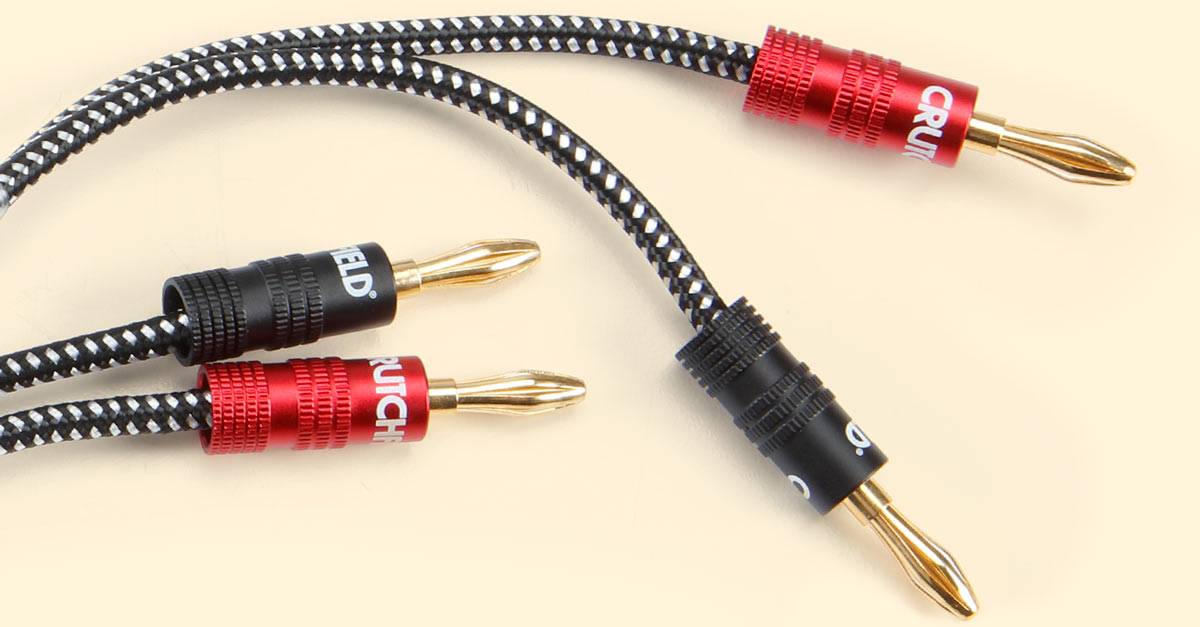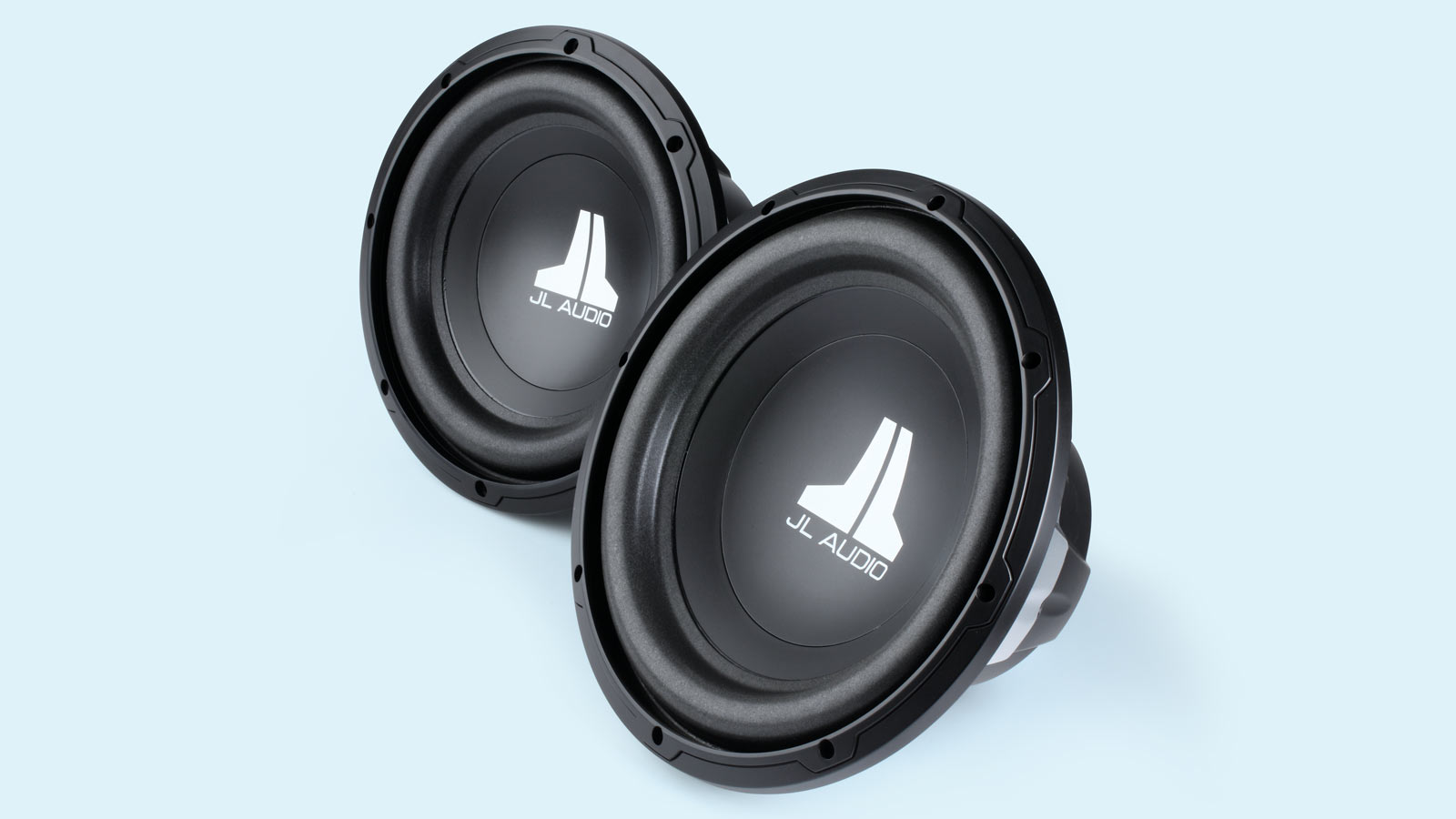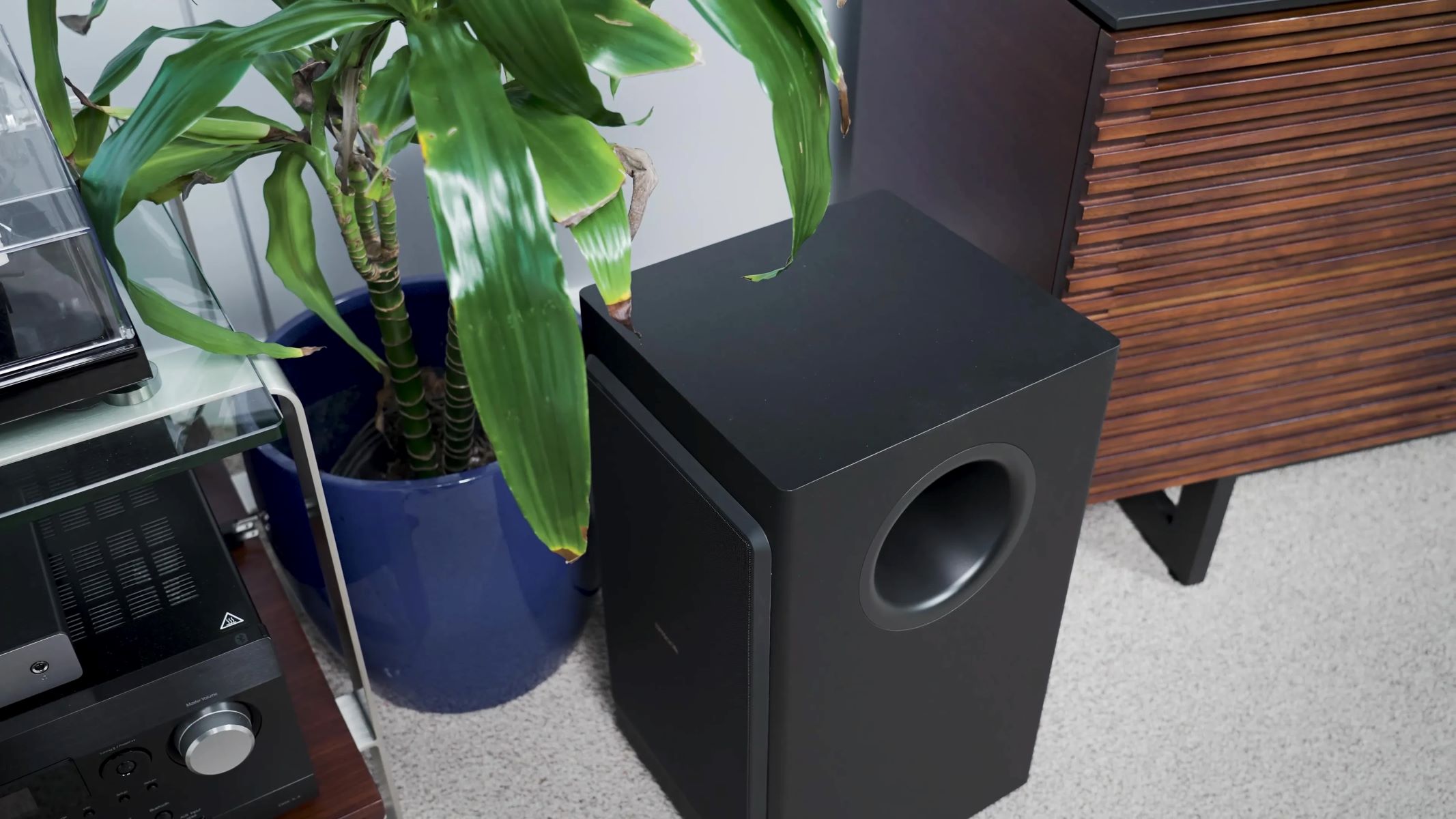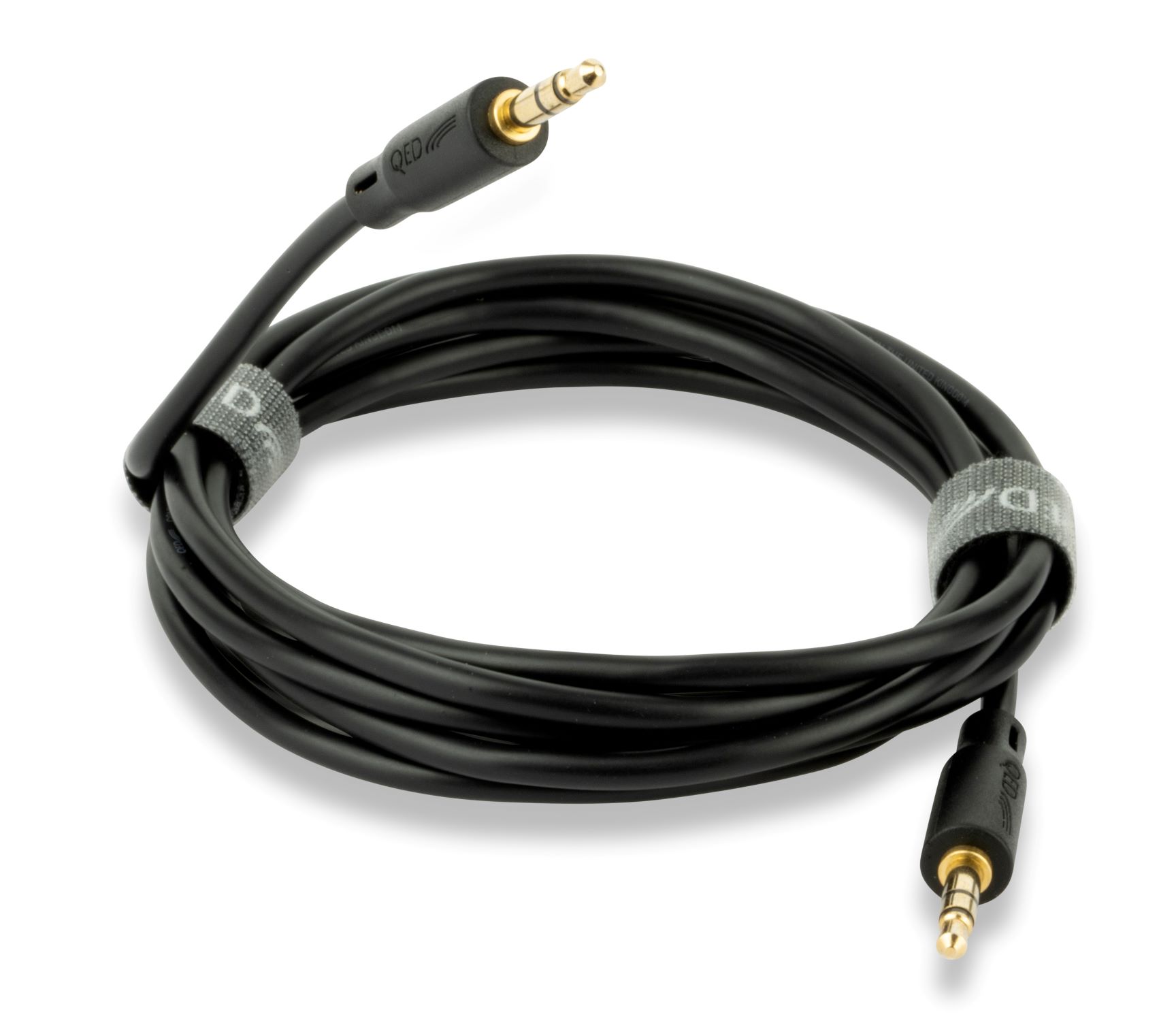Home>Devices & Equipment>Subwoofer>What Is The Best Subwoofer Cable
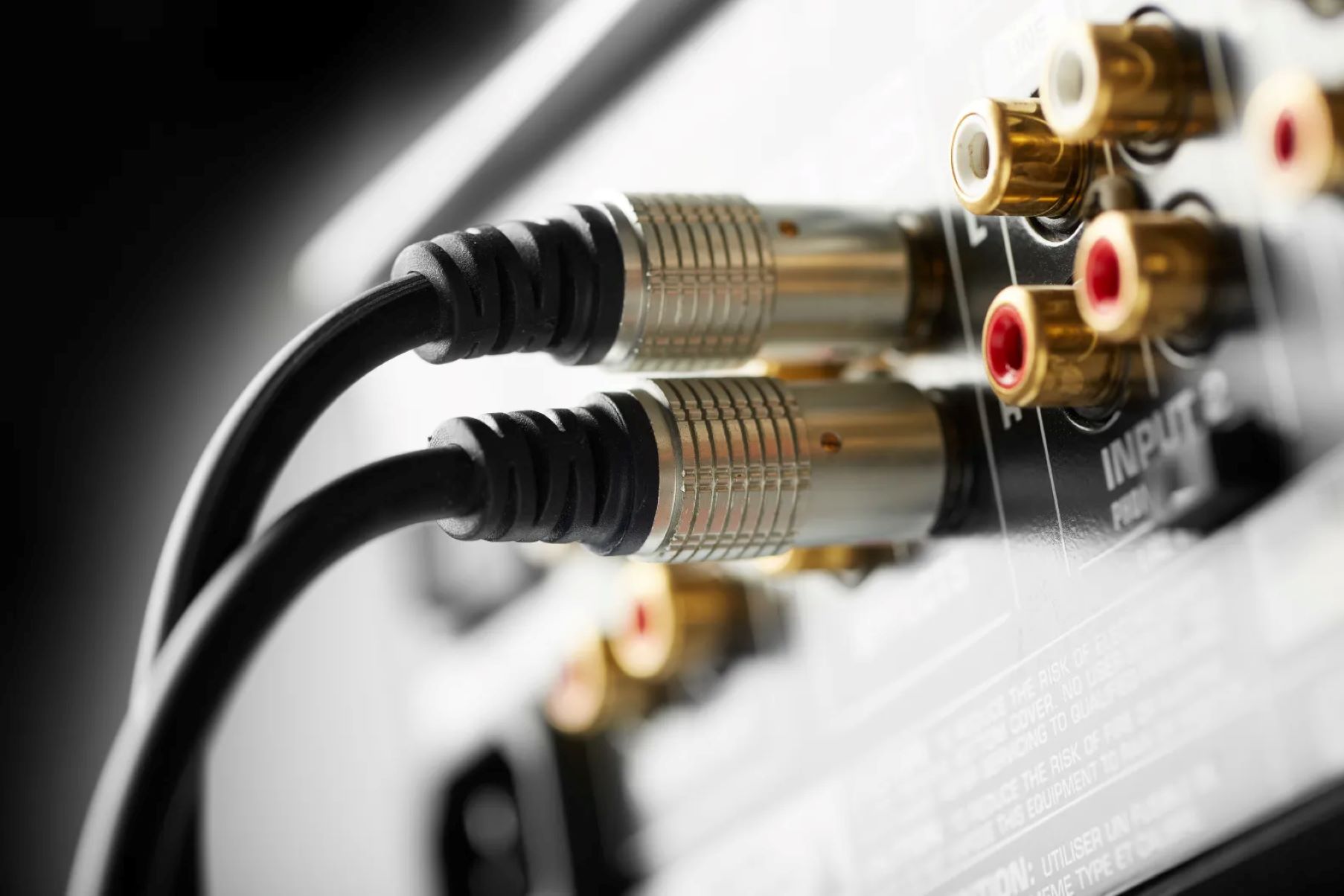

Subwoofer
What Is The Best Subwoofer Cable
Modified: January 22, 2024
Looking for the best subwoofer cable? Find top-quality subwoofer cables to enhance your audio experience and maximize bass performance.
(Many of the links in this article redirect to a specific reviewed product. Your purchase of these products through affiliate links helps to generate commission for AudioLover.com, at no extra cost. Learn more)
Table of Contents
Introduction
When it comes to creating the ultimate audio experience, a subwoofer plays a vital role in delivering powerful and low-frequency sound. However, to truly unlock its potential, you need a high-quality subwoofer cable. The subwoofer cable is responsible for transmitting the audio signal from your receiver or amplifier to the subwoofer, ensuring a seamless and precise connection.
Choosing the right subwoofer cable may seem like a minor detail, but it can have a significant impact on the overall sound quality of your audio system. A subpar cable can lead to signal loss, noise interference, and muddy bass reproduction, robbing you of the immersive and impactful audio experience you desire.
In this article, we will delve into the world of subwoofer cables and explore the factors to consider when choosing the best one for your needs. We will discuss the different types of subwoofer cables available, their features, and their impact on audio performance. Whether you are a casual listener or an audiophile, this comprehensive guide will equip you with the knowledge to make an informed decision.
So, let’s dive into the world of subwoofer cables and discover what sets the best ones apart from the rest!
Importance of Subwoofer Cables
Subwoofer cables might be small in size, but their impact on your audio setup is significant. They serve as the bridge that connects your subwoofer to the audio source, ensuring a clean and uninterrupted flow of sound. Here are a few reasons why subwoofer cables are important:
- Signal Transmission: Subwoofer cables are designed to transmit the low-frequency signals generated by your audio source to the subwoofer. These signals carry the essential bass frequencies, enhancing the depth and impact of your audio playback.
- Reduced Signal Loss: An efficient subwoofer cable minimizes signal loss during transmission. The cable’s quality and construction, such as the gauge of the wires and the shielding used, play a crucial role in maintaining signal integrity. This ensures that the subwoofer receives the audio signal accurately, resulting in a cleaner and more immersive bass response.
- Noise Reduction: High-quality subwoofer cables are designed to minimize external interference, such as electromagnetic interference (EMI) and radio frequency interference (RFI). These interferences can cause distortion and degrade the overall audio quality. By using a well-shielded subwoofer cable, you can enjoy a cleaner and clearer bass sound.
- Durability: Subwoofer cables are subjected to constant bending, twisting, and movement due to their placement and frequent adjustments. A reliable subwoofer cable is built to withstand these movements and is constructed with durable materials to prevent cable breakage and signal disruptions over time.
Overall, subwoofer cables are essential components of any audio setup that incorporates a subwoofer. They ensure a seamless transmission of low-frequency signals, enhance the bass response, reduce signal loss, minimize interference, and provide long-lasting durability. By investing in a high-quality subwoofer cable, you can elevate your audio experience and enjoy deep, powerful bass that truly enhances your favorite music, movies, and games.
Factors to Consider When Choosing a Subwoofer Cable
Choosing the right subwoofer cable can make a noticeable difference in the sound quality and performance of your audio system. Here are some essential factors to consider when selecting a subwoofer cable:
- Cable Length: Determine the distance between your audio source and the subwoofer to ensure that the cable length is sufficient. It’s crucial to choose a cable without excessive length, as longer cables can introduce signal degradation. Opt for a cable that allows for flexibility in placement without compromising audio quality.
- Cable Gauge: The gauge of the cable refers to the thickness of its conductors. Thicker cables with a lower gauge offer lower resistance and can deliver robust and powerful bass signals. Generally, a gauge of 16 to 14 is adequate for most home audio setups. However, for longer cable runs or higher-powered systems, a lower gauge of 12 or even 10 may be more suitable.
- Shielding: Look for a subwoofer cable with proper shielding, such as braided or foil shielding. This helps to minimize interference from external sources, ensuring cleaner and clearer audio signals. Higher-quality cables often feature multiple layers of shielding to provide maximum protection against electromagnetic and radio frequency interference.
- Connectors: Check the connectors at the ends of the cable. Most subwoofer cables come with RCA connectors, which are commonly used in audio applications. Ensure that the connectors fit securely and snugly into the respective ports, preventing signal loss or accidental disconnections during usage.
- Build Quality: Consider the overall build quality of the cable. Look for cables with sturdy connectors and thick insulation, as these factors contribute to durability and longevity. A well-built cable is less prone to signal loss or damage due to frequent handling, bending, or movement.
- Budget: Set a budget for your subwoofer cable purchase. While it’s tempting to go for the cheapest option, investing in a higher-quality cable can deliver better sound reproduction and last longer in the long run. Find a balance between your budget and the desired performance to ensure you get the best value for your money.
Take all these factors into account to make an informed decision when selecting a subwoofer cable. By considering cable length, gauge, shielding, connectors, build quality, and budget, you can find a cable that meets your specific audio needs and enhances your subwoofer’s performance for an immersive audio experience.
Types of Subwoofer Cables
Subwoofer cables come in various types, each with its own characteristics and suitability for specific audio setups. Understanding the different types will help you choose the one that best fits your needs. Here are the most popular types of subwoofer cables:
- RCA Cables: RCA (Radio Corporation of America) cables are one of the most commonly used connections for subwoofers. These cables feature dual connectors, typically color-coded red and white, that transmit the audio signal from the receiver or amplifier to the subwoofer. RCA cables are widely compatible and offer reliable signal transmission for most home audio systems.
- XLR Cables: XLR (or XLR3) cables are commonly used in professional audio setups. They feature three-pin connectors that provide balanced connections, enhancing the signal quality and reducing potential noise interference. XLR cables are known for their durability and ability to transmit audio over longer distances, making them ideal for larger venues or professional applications.
- Speakon Cables: Speakon cables are primarily used for connecting speakers, including subwoofers, to power amplifiers. They feature locking connectors that offer secure connections and prevent accidental disconnections. Speakon cables are commonly found in live sound and concert setups, ensuring reliable and high-power signal transmission.
- Optical Cables: Optical cables, also known as TOSLINK cables, utilize fiber optics to transmit digital audio signals. They are commonly used for connecting audio sources, such as DVD players or gaming consoles, to home theater systems. While optical cables are not specifically designed for subwoofers, some subwoofers may have optical input options for seamless integration with the audio setup.
- Wireless Subwoofer Kits: Wireless subwoofer kits provide a convenient solution for eliminating the need for physical cables. These kits typically consist of a transmitter that connects to the audio source and a receiver that connects to the subwoofer. The audio signal is transmitted wirelessly, allowing for flexible subwoofer placement within the room. Wireless subwoofer kits offer convenience and versatility but may have some limitations in terms of range and potential interference.
Consider the compatibility of the subwoofer cable with your audio system when choosing the type that best suits your needs. Pay attention to the connectors, the connection type supported by your audio source and subwoofer, and the specific requirements of your audio setup. Selecting the right type of subwoofer cable ensures optimal signal transmission and seamless integration with the rest of your audio components.
Comparison of the Best Subwoofer Cables
When it comes to choosing the best subwoofer cable, there are several options available on the market. Here, we provide a comparison of some of the top subwoofer cables to help you make an informed decision:
- AudioQuest Black Lab Subwoofer Cable: This cable offers excellent build quality and signal transmission, with solid long-grain copper conductors and gold-plated connectors. It provides a tight and focused bass response, along with excellent noise rejection. Its flexibility and durability make it a popular choice among audiophiles.
- Monoprice 24K Gold Plated Subwoofer Cable: Known for its affordability, this cable offers exceptional value for money. It features 24K gold-plated connectors for reliable signal transfer and boasts a rugged build quality. The cable’s shielding minimizes interference, resulting in enhanced audio fidelity and bass performance.
- AudioQuest Sub-3 Subwoofer Cable: Designed with solid long-grain copper conductors, this cable delivers exceptional clarity and detail in bass reproduction. Its triple-layer carbon-based noise-dissipation system ensures optimal signal quality. The AudioQuest Sub-3 cable also features high-quality connectors for a secure and accurate connection.
- SVS SoundPath RCA Subwoofer/Audio Cable: This cable is designed specifically for subwoofer connections, with high-purity copper conductors and insulated conductive shielding for superior audio performance. Its precision-machined connectors provide a secure and reliable connection, while the flexible jacket allows for easy installation. The SVS SoundPath cable provides excellent value for money in terms of build quality and audio fidelity.
- Mogami Gold RCA Subwoofer Cable: Renowned for its high-quality audio cables, Mogami offers a subwoofer cable that excels in delivering clean and accurate bass signals. The cable features Neglex oxygen-free copper conductors for low capacitance and exceptional signal transfer. Its gold-plated connectors and durable construction ensure long-lasting performance and minimal signal degradation.
While the above options are among the best subwoofer cables available, the right choice ultimately depends on your specific audio needs, budget, and personal preferences. Consider factors such as cable length, gauge, shielding, connectors, and build quality when evaluating the options. Remember, the goal is to find a subwoofer cable that provides reliable signal transmission, minimizes noise interference, and enhances the overall bass performance of your audio system.
Conclusion
Choosing the best subwoofer cable is an important consideration for any audio enthusiast or home theater setup. A high-quality subwoofer cable ensures optimal signal transmission, minimal interference, and enhanced bass performance. By considering factors such as cable length, gauge, shielding, connectors, and build quality, you can find a cable that meets your specific needs and budget.
Remember to select a cable that is the right length for your setup, ensuring flexibility without signal degradation. Consider the gauge of the cable, with lower gauges providing better performance for longer cable runs or higher-powered systems. Look for proper shielding to minimize interference from external sources and connectors that fit securely and snugly into the respective ports.
Some popular types of subwoofer cables include RCA cables, XLR cables, Speakon cables, optical cables, and wireless subwoofer kits. Each type has its own advantages and is suitable for different audio setups. Make sure to choose the type that best fits your specific requirements and the compatibility with your audio sources and subwoofer.
In terms of specific brands, some top choices for subwoofer cables include AudioQuest, Monoprice, SVS, and Mogami. These cables offer different features, build quality, and price points, so you can find the one that aligns with your preferences and budget.
Ultimately, investing in a high-quality subwoofer cable is a worthwhile decision. It ensures that you can fully experience the deep, impactful bass that a subwoofer can provide. By considering the factors we discussed in this article and comparing the options available, you can make an informed decision and enjoy an enhanced audio experience with your subwoofer.

